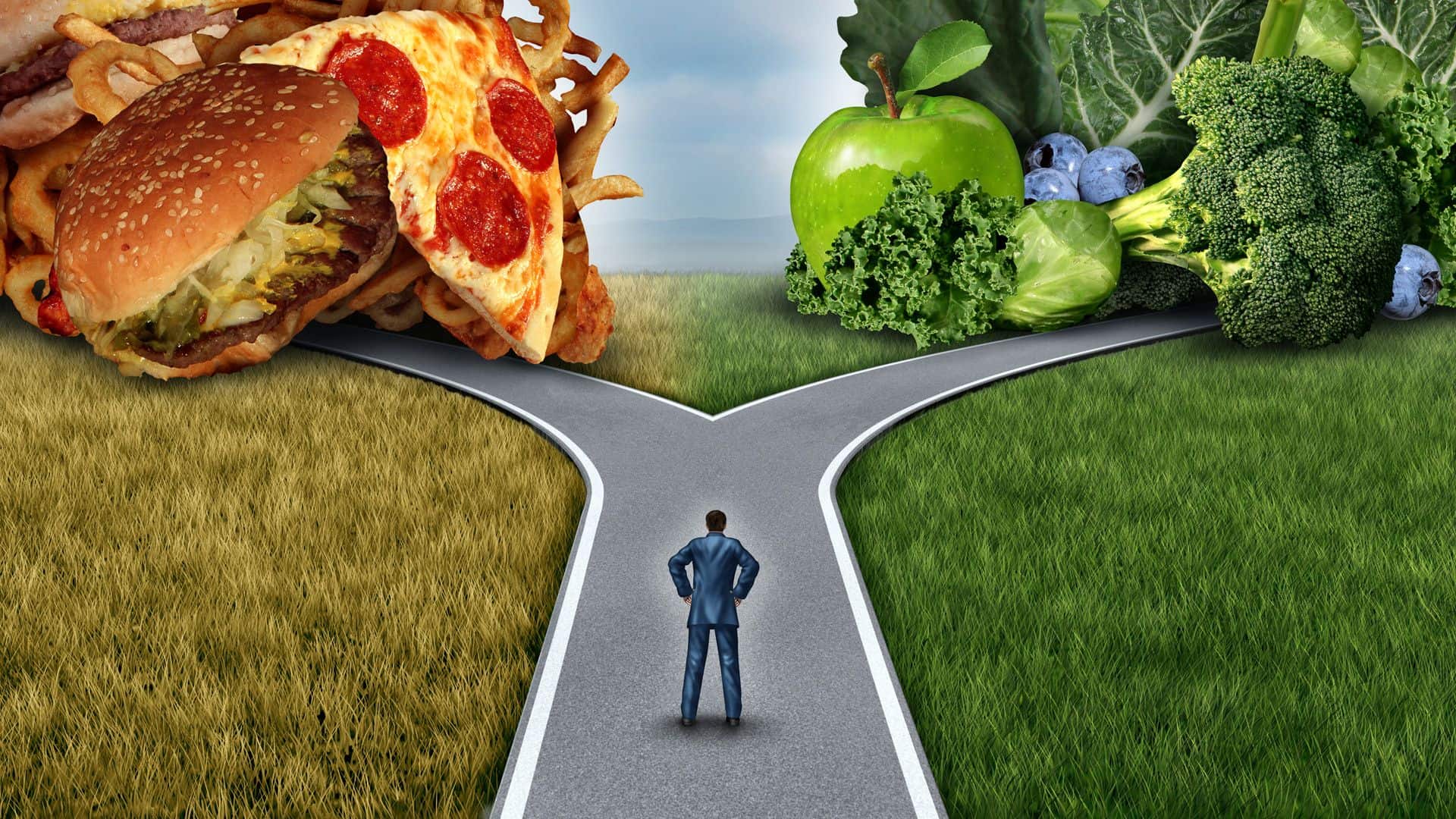Strengths and weaknesses of vegetarianism
The food system, which plans the absolute elimination of animal products from the diet (or the restriction of their use), is vegetarianism. In today’s world, there is no one real proof that this type of food is much more useful than a diet that includes fish and meat.
The strengths of vegetarianism
Proponents of vegetarianism argue that removing animal products from diets can restore health, cleanse the body, normalize weight, improve the appearance and increase endurance.
General’s strengths in vegetarianism are:
- The removal of salts from joints has a positive effect on the state of the locomotor apparatus. Bone structure recovers and body flexibility increases.
- Vegetables and greens are rich in fibre, which helps to normalize the GI tract.
- Full or partial restoration of digestive organs. Plant-based food stimulates blood circulation by providing the body’s tissues with the necessary nutrients.
- Figure correction by calorie reduction, which allows normalizing weight. Because of the high fibre content, the feeling of saturation comes quickly enough.
- The high content of micronutrients and vitamins in plant food makes it possible to provide the body with all the necessary nutrients.
- If you eliminate meat products, you will contribute to the preservation of the planet’s ecology.
- Increased spirituality and awareness as a person understands his responsibility to the world around him. When it makes an informed choice in favour of non-violence, it approaches its ultimate essence, which is inherently incapable of sustaining evil and aggression.
The weaknesses of vegetarianism
Like any other food system, vegetarianism has its flaws and contraindications that you should know about before you make the final decision to change your diet. General weaknesses of vegetarianism are:
- An unbalanced diet. According to some opponents of vegetarianism, essential amino acids are contained only in animal products, without which the normal functioning of the human body is impossible.
- The body does not receive the required amount of protein. Low-calorie intake inevitably increases the amount of food consumed. As a result, the digestive organs are overburdened and disorders in the functioning of the body occur which lead to the development of chronic pathologies.
- According to some theories, plant protein is less digested than animal origin one.
- Deficiency of vitamin D. It can cause rickets in children, and in adults can cause tooth and osteoporosis.

